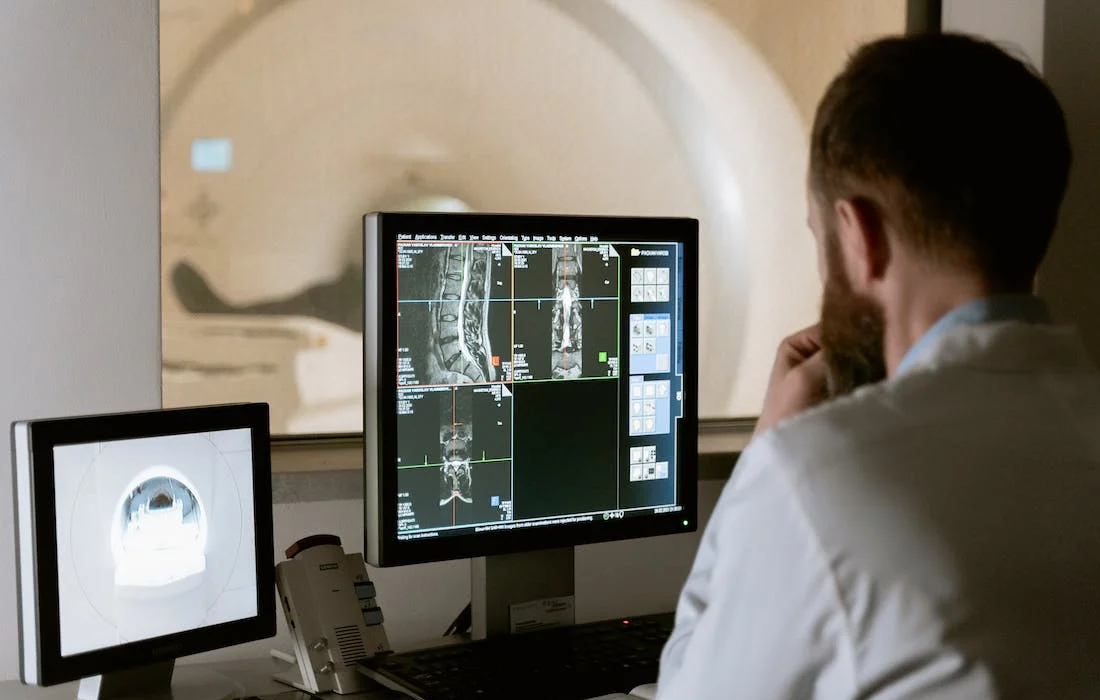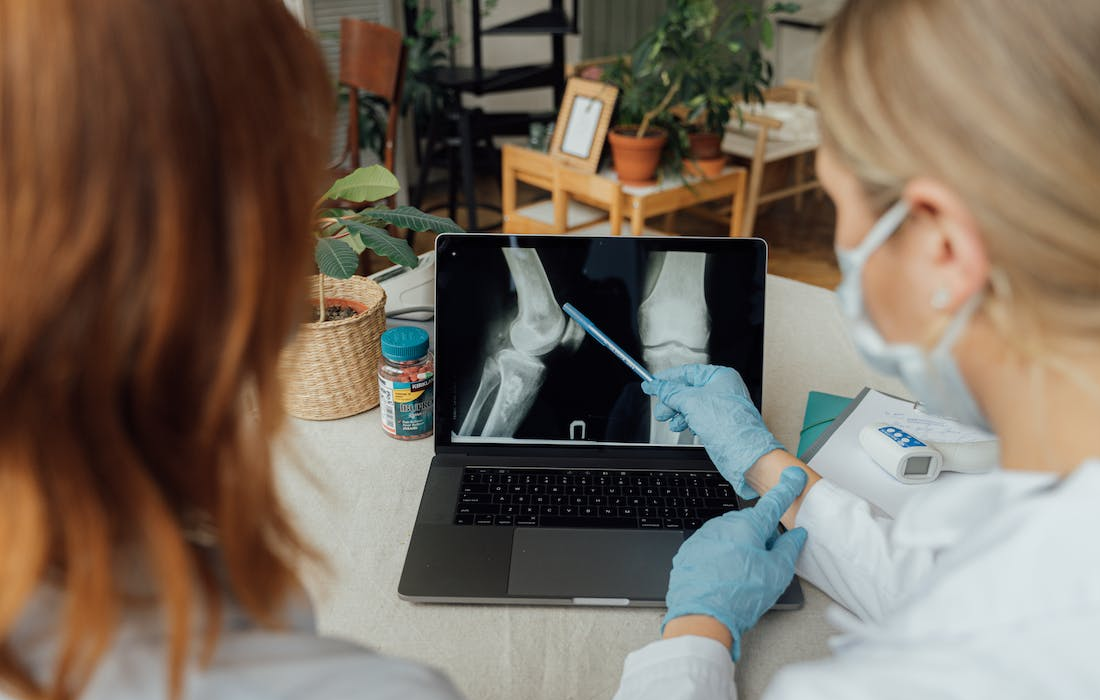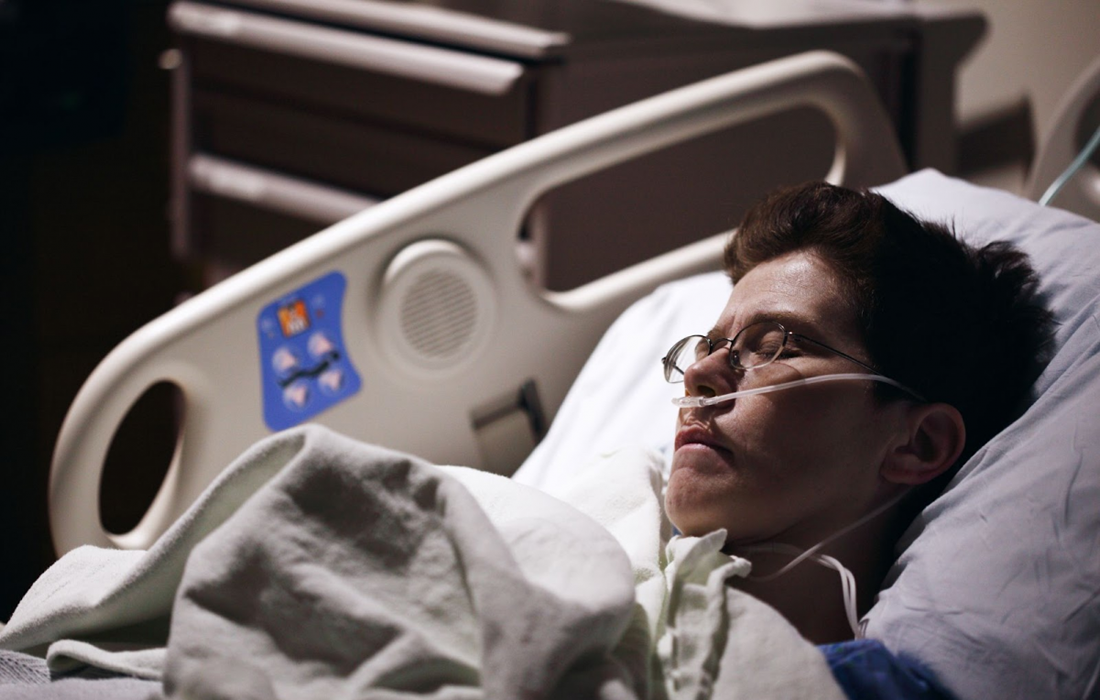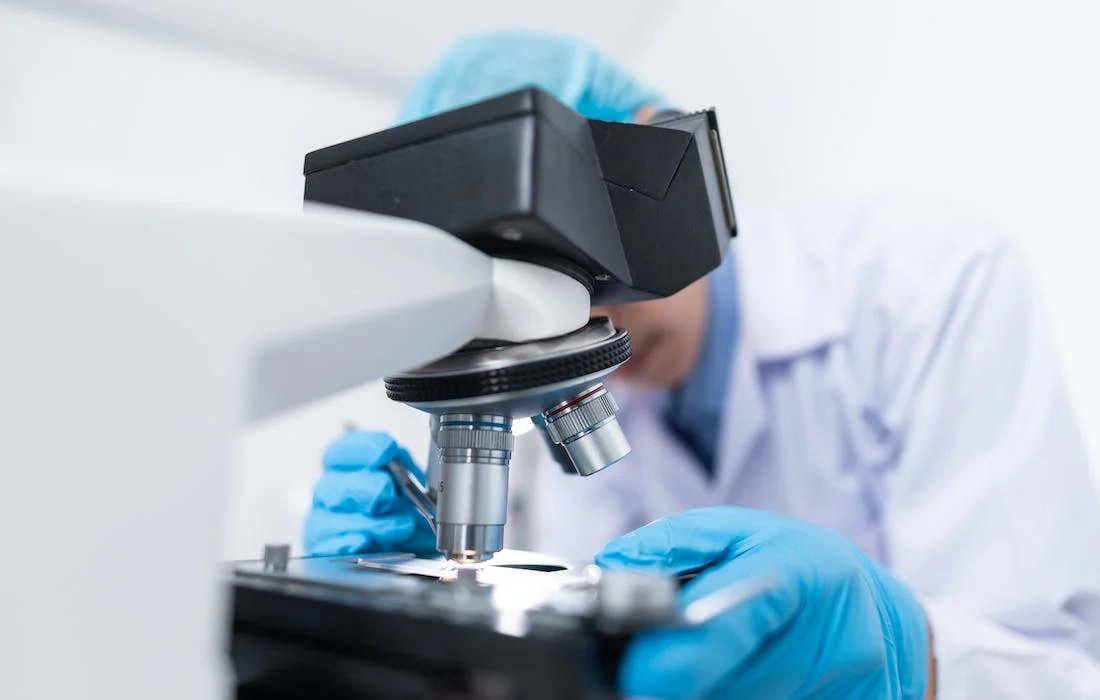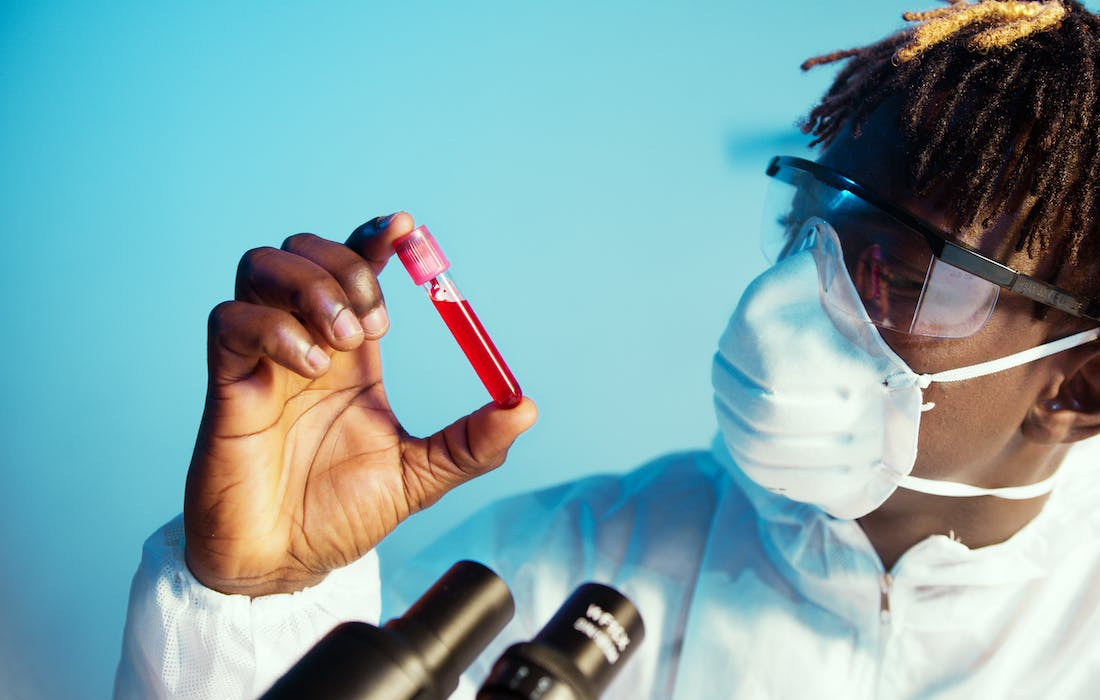Exposure to female odors and pheromones causes weight loss and extends the life spans of mice, which may have implications for humans. “Our studies show that female odors slow the sexual development of female mice, but consequently extends their lifespan. And we also show that the smell of females can increase male mouse energy expenditure, […]
Monthly Archives: April 2023
Researchers have identified a factor that acts like a molecular switch in the skin of baby mice that controls the formation of hair follicles as they develop during the first week of life. The switch is mostly turned off after skin forms and remains off in adult tissue. When it was activated in specialized cells […]
Van Andel Institute scientists have pinpointed a key driver of low bone density, a discovery that may lead to improved treatments with fewer side effects for women with osteoporosis. The findings are described in a study published this month in Science Advances by VAI Associate Professors Connie M. Krawczyk, Ph.D., and Tao Yang, Ph.D. Their […]
Osteoarthritis is the most common joint disease in the United States, affecting an estimated 32.5 million adults. Osteoarthritis is caused by the wear and tear of the synovial joint, leading to the degeneration of the articular cartilage that forms the synovial joint. Studies suggest that changes in the composition of the synovial fluid reduce its […]
Scientists have been trying to find ways to minimize the damage following a stroke and speed up recovery. Now, a study led by scientists from Weill Cornell Medicine has found changes in gene activity in small blood vessels following a stroke. The findings suggest that these changes could be targeted with existing or future drugs […]
Led by researchers from NYU Grossman School of Medicine, the new work focused on cells in the skin of mice and also found in humans called melanocyte stem cells, or McSCs. Hair color is controlled by whether nonfunctional but continually multiplying pools of McSCs within hair follicles get the signal to become mature cells that […]
By stirring crosstalk among skin cells that form the roots of hair, researchers report they have regrown hair strands on damaged skin. The study examined the effect of distinct signaling pathways in damaged skin of laboratory mice. Experiments focused on cells called fibroblasts that secrete collagen, the structural protein most responsible for maintaining the shape […]
Houston Methodist Research Institute researchers used an implantable nanofluidic device they invented to deliver CD40 monoclonal antibodies (mAb), a promising immunotherapeutic agent, at a sustained low-dose via the nanofluidic drug-eluting seed (NDES). The result, found in murine models, was tumor reduction at a fourfold lower dosage than traditional systemic immunotherapy treatment. The NDES device consists […]
Houston Methodist nanomedicine researchers have found a way to tame pancreatic cancer — one of the most aggressive and difficult to treat cancers — by delivering immunotherapy directly into the tumor with a device that is smaller than a grain of rice. In a paper recently published in Advanced Science, Houston Methodist Research Institute researchers […]
Hibernating bears, paralyzed humans, and pigs kept in small enclosures all avoid dangerous blood clots, despite being immobile for extremely long periods. Research from the University of Reading, with partners in Denmark, Germany, Norway and Sweden, shows that reduction of a key protein prevents the formation of blood clots in all three mammal species when […]



